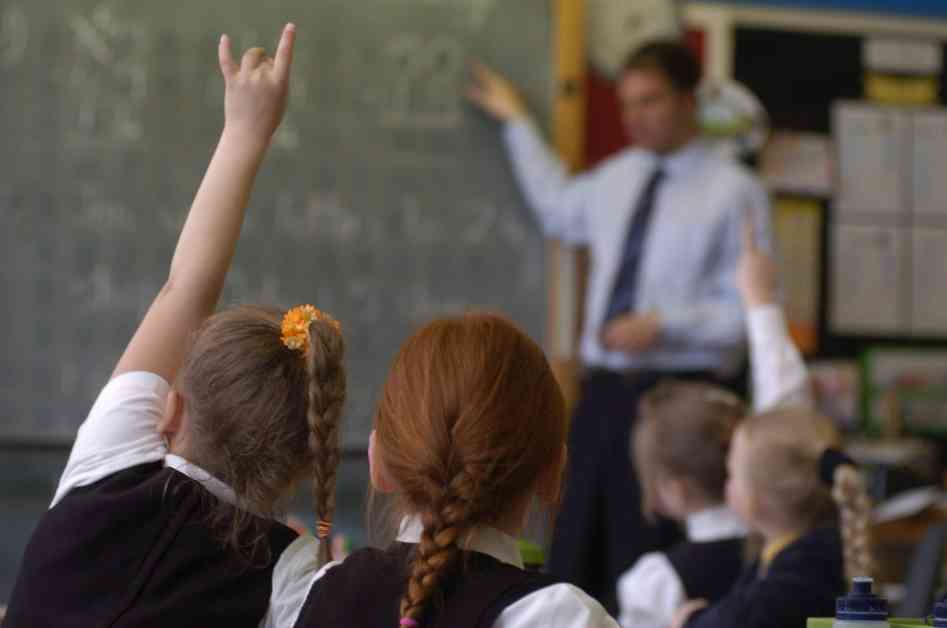Labour’s Education Secretary, Bridget Phillipson, has stood firm in dismissing concerns raised by private schools regarding the potential impact of VAT on bursaries. Private schools have been expressing apprehension that they may need to cut back on bursaries due to the proposed VAT charges on fees. However, Phillipson emphasized that there is an expectation for elite education establishments to continue offering financial support to students from less affluent backgrounds.
The incoming leader of the Heads’ Conference (HMC), which represents prestigious private schools such as Strathallan, Gordonstoun, George Heriot’s, Eton, and Harrow, expressed worries about the repercussions of the VAT policy. Philip Britton, the head of Bolton School, voiced concerns that the rise in fees could lead to increased exclusivity in private schools. He lamented that the VAT implications could limit the schools’ ability to offer bursaries and engage in outreach initiatives.
The Scottish Council of Independent Schools (SCIS) highlighted the significant impact of independent schools on the community, with around 120,000 individuals in Scotland benefiting from partnerships and outreach programs. These initiatives include access to sports facilities and support with university applications. The removal of tax breaks for private schools, as part of Labour’s election pledge to enhance the state sector, is set to take effect in January. While Labour anticipates generating £150 million for Scottish schools through this measure, SCIS projects a potential 13% reduction in the fee-paying sector and an increase in students relying on council-run services.
Despite the concerns raised by private school leaders, Bridget Phillipson remains resolute in her position. She refuted claims that the VAT changes would impede the schools’ ability to provide bursaries, pointing out that some institutions have substantial resources that could be allocated towards financial aid. Phillipson emphasized the importance of private schools continuing their support for bursaries and collaboration with the state sector, irrespective of the VAT implications.
Impact on Bursaries and Access
The debate surrounding the impact of VAT on bursaries in private schools raises critical questions about access to quality education for students from diverse socio-economic backgrounds. While private schools have traditionally offered bursaries to support talented students, concerns about the financial implications of VAT have sparked a conversation about the sustainability of these programs. The potential reduction in bursaries could limit opportunities for students who rely on financial aid to access private education.
Challenges for Private Schools
Private schools are facing a challenging landscape with the impending VAT changes and the pressure to maintain their commitment to providing bursaries. The rise in fees, coupled with the VAT charges, could strain the financial resources of these institutions, making it harder for them to offer support to students from disadvantaged backgrounds. Additionally, the exclusivity that may result from the fee increases could undermine efforts to promote diversity and inclusion within private schools.
Role of Private Schools in the Community
Private schools play a significant role in the community beyond providing education to their students. The partnerships and outreach programs established by these institutions have a far-reaching impact on individuals and organizations outside their immediate community. By offering access to sports facilities, supporting university applications, and engaging in collaborative initiatives with the state sector, private schools contribute to the broader educational landscape and promote social cohesion.
In conclusion, the debate over the impact of VAT on bursaries in private schools underscores the complex interplay between financial considerations and educational equity. While private schools are grappling with the challenges posed by the VAT changes, it is crucial for them to uphold their commitment to providing bursaries and fostering inclusivity. By continuing to support students from diverse backgrounds and engaging in community partnerships, private schools can demonstrate their dedication to creating a more equitable educational environment.
































